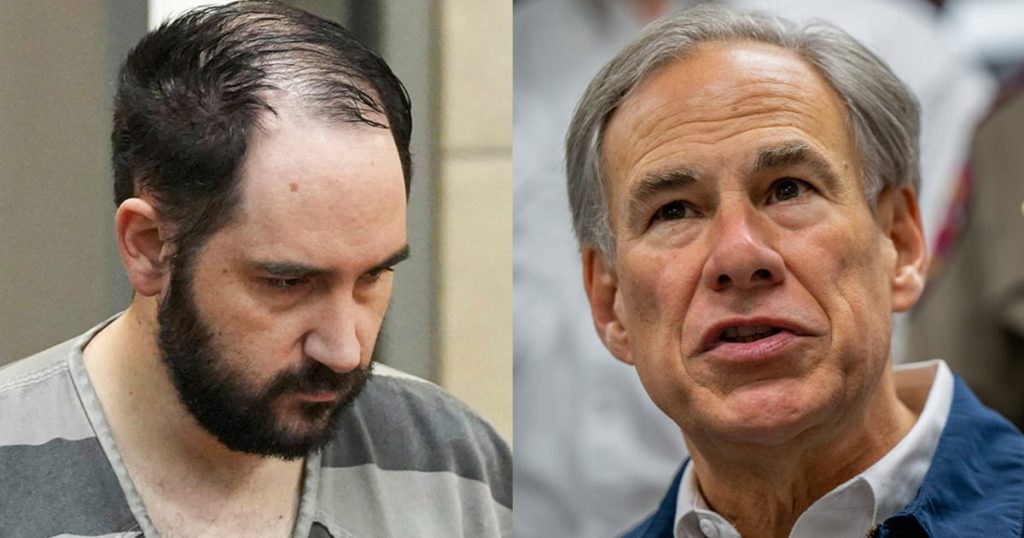The content discusses the case of Daniel Perry, an active-duty Army sergeant who shot and killed Air Force veteran Garrett Foster during a 2020 Black Lives Matter protest in Austin, Texas. Even though Perry never claimed self-defense and was convicted by a Texas jury, Texas Governor Greg Abbott pardoned him, making it the first time in decades that a Texas governor has pardoned someone for a serious violent crime like murder. The governor’s decision to pardon Perry was influenced by pressure from high-profile conservatives, as well as his upcoming appearance at the National Rifle Association conference alongside former President Donald Trump.
Garrett Foster, described as a Second Amendment advocate, was carrying a rifle on a strap around his neck during the protest when Perry shot him from inside his car. Witnesses stated that Foster had his rifle pointed down at the ground, with his finger off the trigger, and did not raise his firearm at Perry. Despite these details, Abbott and the pardon board deemed Perry’s actions as self-defense based on Foster’s weapon being in the “low ready gun” position. However, Perry never claimed that Foster pointed his rifle at him, stating that he believed Foster was going to aim his rifle at him, prompting him to shoot.
Prosecutors presented messages sent by Perry before the shooting, which included racist and threatening statements towards Muslims, Black people, and protesters. Perry’s statements showed a clear bias and hostility towards certain groups, raising questions about his true motivation for shooting Foster. Both Perry and Foster were white military veterans legally carrying weapons that day, indicating that the murder was not based on race but rather on Foster’s association with the Black Lives Matter movement. The governor’s decision to pardon Perry suggests that in Texas, protesters whose cause is not approved by the governor may be targeted and treated differently under the law.
The pardon raises concerns among Texans about their constitutional rights to peaceful protests and lawful gun ownership, questioning whether these freedoms depend on the cause being protested and the identity of the individual carrying the weapon. The decision sets a dangerous precedent, indicating that it is open season on protesters who do not align with the governor’s political views. Texans, who value their freedoms and guns, must consider the implications of this pardon on their rights and the potential ramifications for future protests and demonstrations. The case highlights the intersection of politics, race, and gun laws in Texas, sparking debates about justice, accountability, and the protection of civil liberties.


